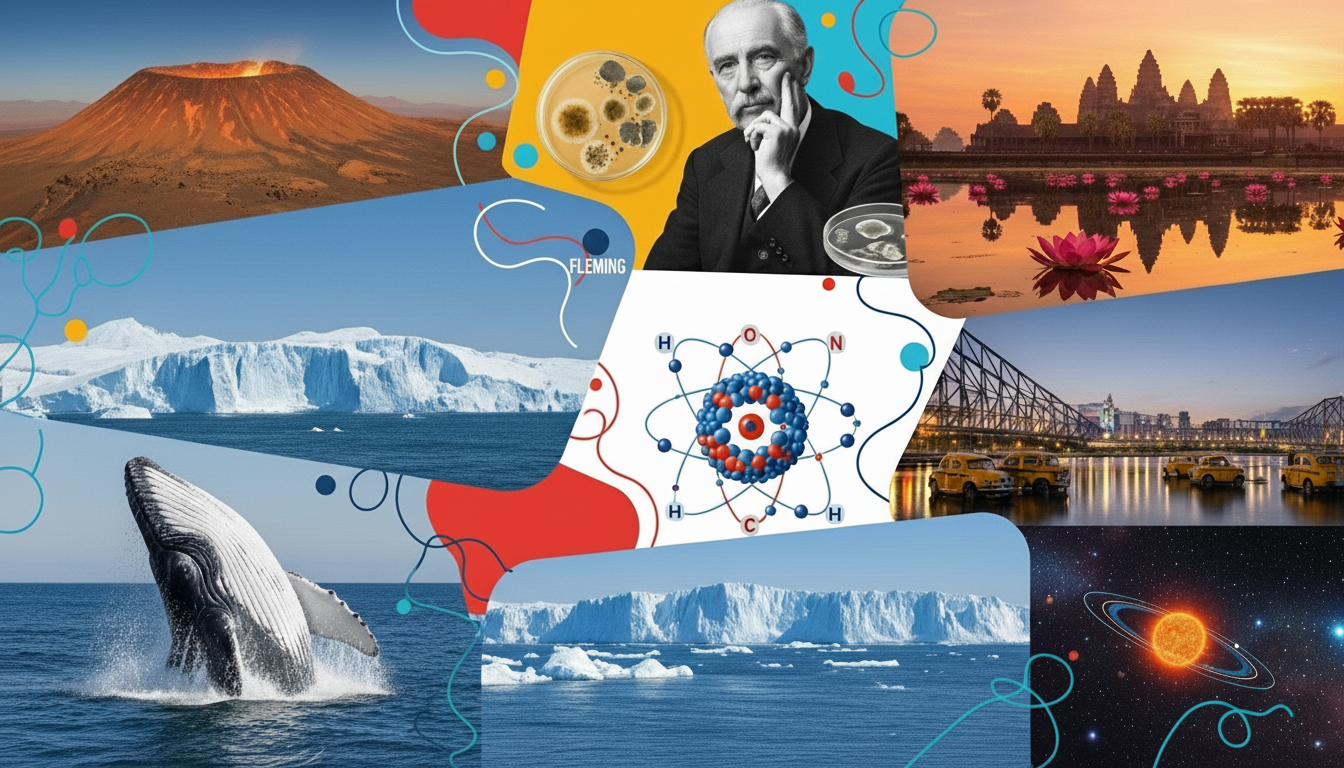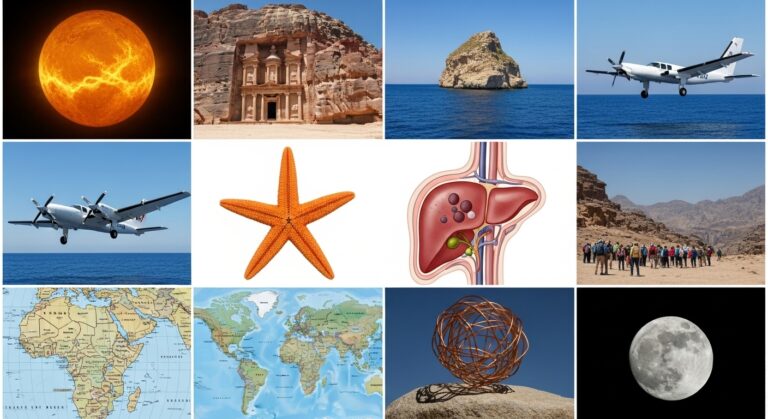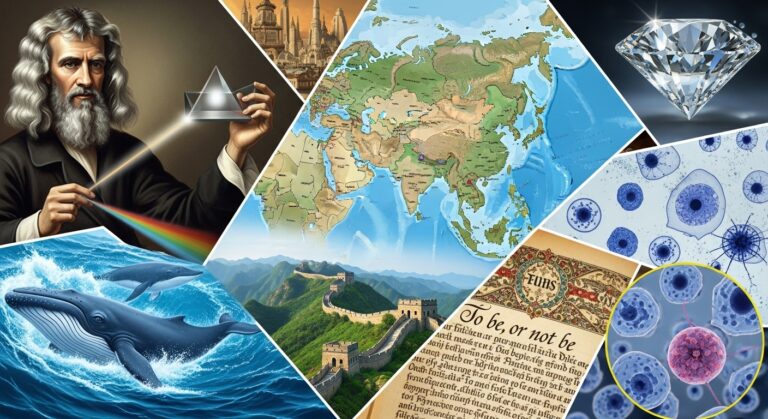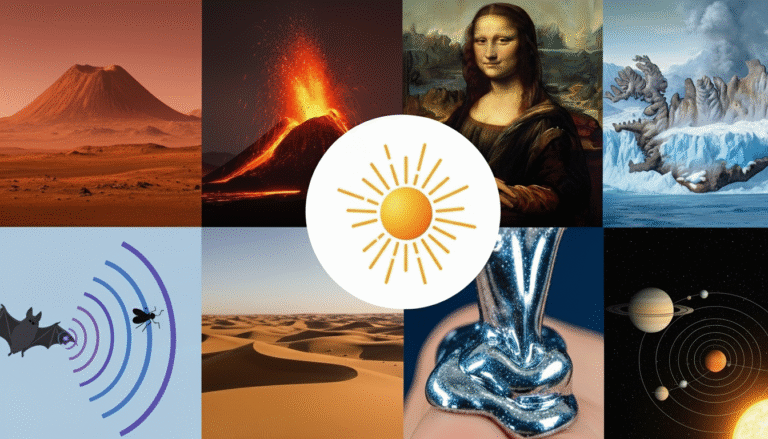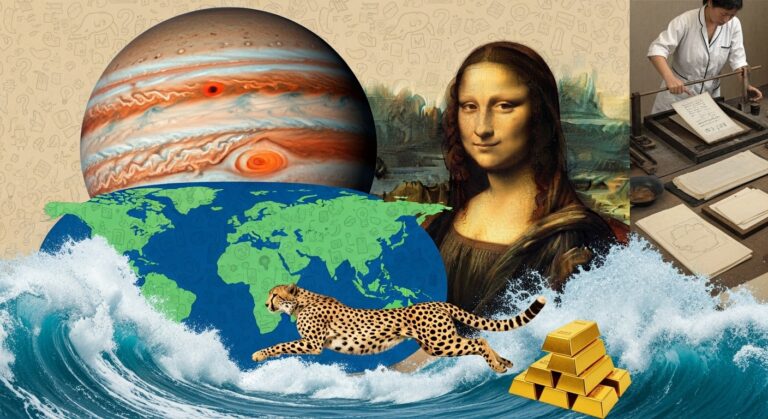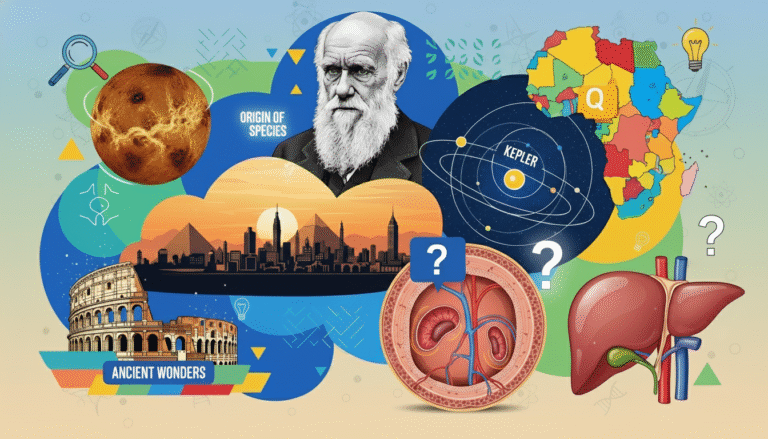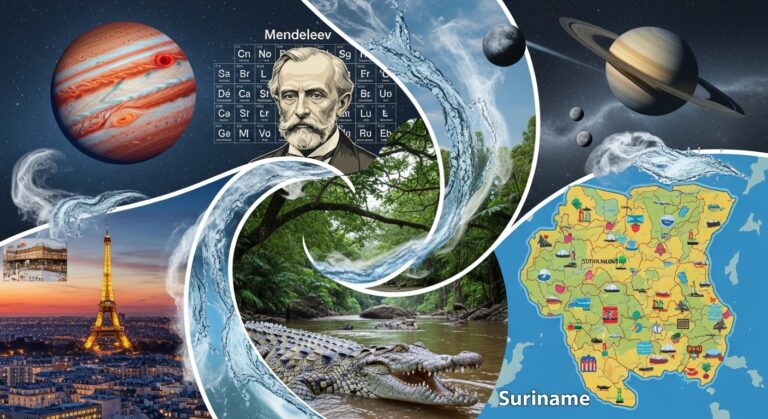Try This General Knowledge Quiz and Learn Something New
If you’re looking to expand your understanding of the world, taking a learn something new general knowledge quiz is one of the most effective ways to do it. General knowledge quizzes expose you to essential facts from science, history, geography, biology, and astronomy. They challenge your assumptions and help you retain useful information that can enrich your conversations, studies, and daily life.

This quiz is designed to teach you something new with every question. Each explanation below dives deeper into the stories behind the facts so your learning goes far beyond choosing the right answer.
Mars: Home of Olympus Mons, the Largest Volcano Known
Olympus Mons on Mars is the tallest volcano in the entire solar system. It stands about 22 kilometers high — nearly three times the height of Mount Everest — and is as wide as the entire state of Arizona.
Why is it so big?
- Mars has weaker gravity
- No tectonic plate movement
- Lava flows could build up for millions of years
This massive shield volcano gives scientists extraordinary insights into volcanic activity on other planets.
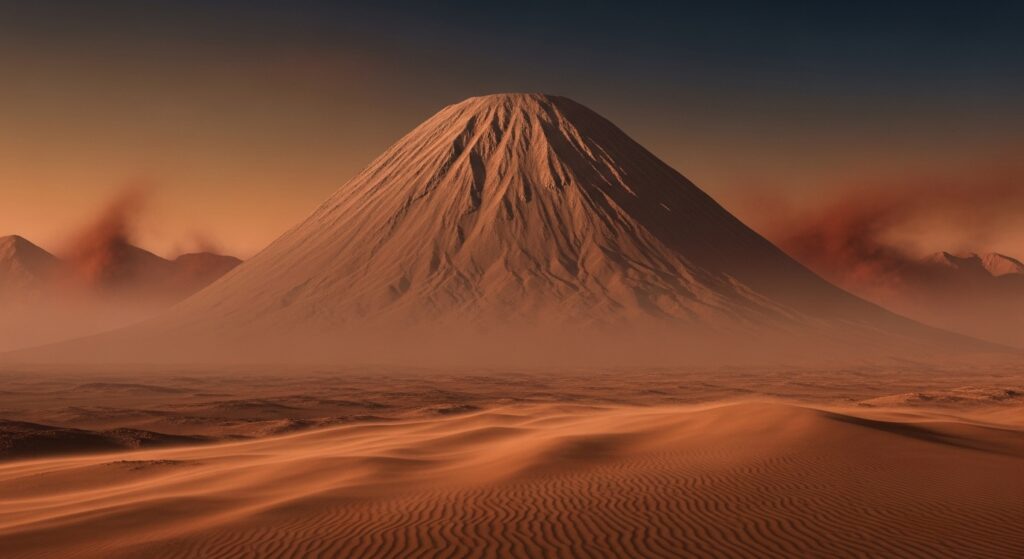
Alexander Fleming and the Accidental Discovery of Penicillin
In 1928, Alexander Fleming discovered penicillin when he noticed mold killing bacteria in a petri dish. This accident changed medicine forever.
Penicillin led to:
- The treatment of deadly infections
- The rise of antibiotics
- Massive reductions in mortality
- Safer surgeries and medical procedures
It remains one of the most important scientific breakthroughs in history.

Angkor Wat: Cambodia’s Ancient Jewel
Angkor Wat is the largest religious monument in the world. Built in the 12th century, it was originally a Hindu temple dedicated to Vishnu, later transformed into a Buddhist temple.
Highlights of Angkor Wat:
- Complex stone carvings
- Massive moat surrounding the temple
- Astronomical alignments
- Intricate corridors and towers
It is a symbol of Cambodia and a masterpiece of ancient engineering.
Gray Whales: Masters of the Longest Mammal Migration
Gray whales migrate over 20,000 kilometers every year — the longest migration of any mammal. They travel between feeding grounds in the Arctic and breeding lagoons in Mexico.
Why they migrate:
- Warmer waters for giving birth
- Rich feeding areas during summer
- Protection from predators
Their journey is one of the most incredible natural phenomena on Earth.
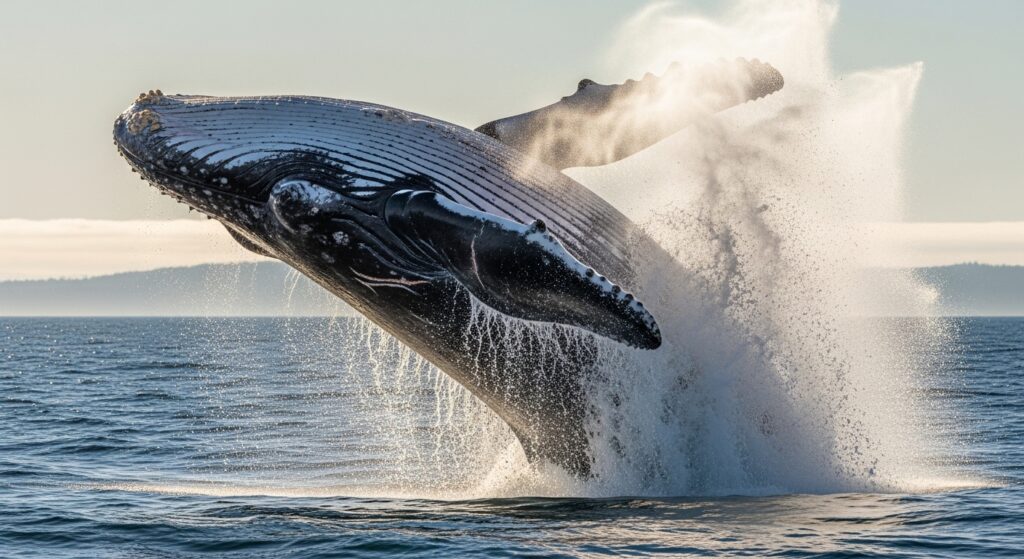
Potassium: Chemical Symbol K
The chemical symbol K for potassium comes from the Latin word kalium. Potassium is essential for nerve function, muscle contraction, and maintaining fluid balance in the human body.
Sources of potassium include:
- Bananas
- Potatoes
- Spinach
- Beans
- Avocados
It is one of the most important minerals for health and nutrition.
Kolkata: India’s Cultural Capital
Kolkata (Calcutta) is known as the cultural capital of India because of its rich contributions to:
- Literature
- Theater
- Film
- Art
- Music
- Education
It is also the birthplace of Nobel laureates like Rabindranath Tagore and Mother Teresa.
Famous for its colonial architecture and vibrant festivals, Kolkata remains a major intellectual hub.

Venus: The Planet With the Densest Atmosphere
Venus has an atmosphere more than 90 times denser than Earth’s. If you stood on Venus, the pressure would crush you instantly.
Key features:
- Extreme greenhouse effect
- Surface temperature hotter than Mercury
- Thick clouds of sulfuric acid
- Slow retrograde rotation
Venus remains one of the most mysterious and harshest environments in the solar system.
Antarctica: The Continent Packed With Freshwater
Antarctica holds about 70% of the world’s freshwater, stored in its massive ice sheets. Even though it is the coldest place on Earth, it plays a vital role in:
- Global sea levels
- Climate regulation
- Ocean currents
- Earth’s heat balance
Scientists continuously study Antarctica to understand climate change.
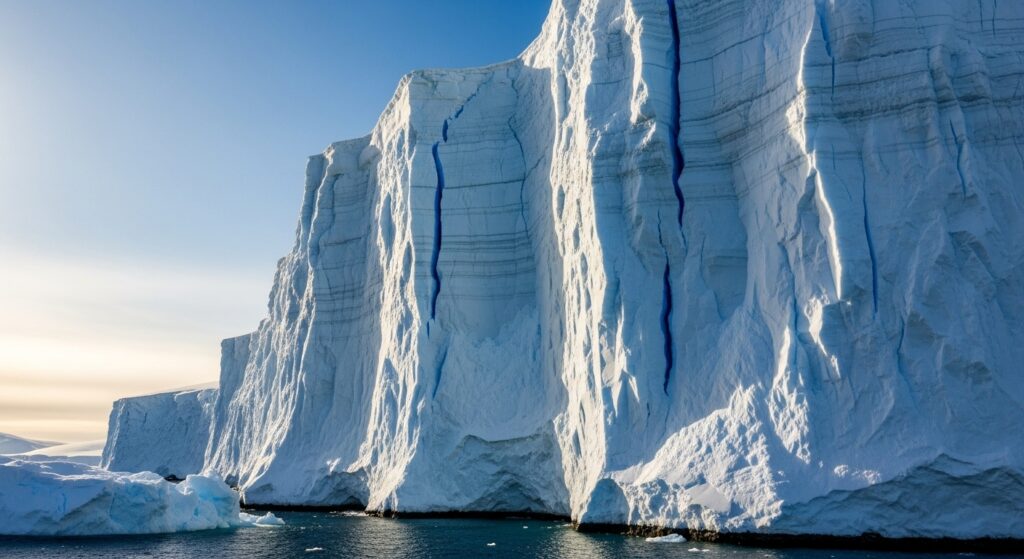
Capybara: The World’s Largest Rodent
The capybara, native to South America, can weigh up to 70 kilograms. It is a social, semi-aquatic animal often seen relaxing in groups near rivers, lakes, and wetlands.
Fun facts:
- Excellent swimmers
- Friendly and calm
- Related to guinea pigs
- Communicate with purrs, whistles, and barks
Capybaras have become internet favorites thanks to their gentle nature.
Proxima Centauri: Our Closest Stellar Neighbor
Proxima Centauri is the nearest star to Earth after the Sun, located about 4.24 light-years away. It is a red dwarf star and part of the Alpha Centauri star system.
Scientists are especially interested in Proxima Centauri because:
- It has an Earth-sized planet
- The planet orbits in the habitable zone
- It is relatively close for future exploration
It represents a realistic target for interstellar missions.
This learn something new general knowledge quiz teaches you more than simple answers. It explains volcanoes on Mars, ancient temples in Cambodia, whale migrations, medical discoveries, astronomy, and world geography. Learning these facts strengthens your memory, boosts your intelligence, and builds a foundation of knowledge that benefits you in school, conversations, and everyday curiosity.
General knowledge is the fuel for learning, and every new fact sharpens your understanding of the world.

